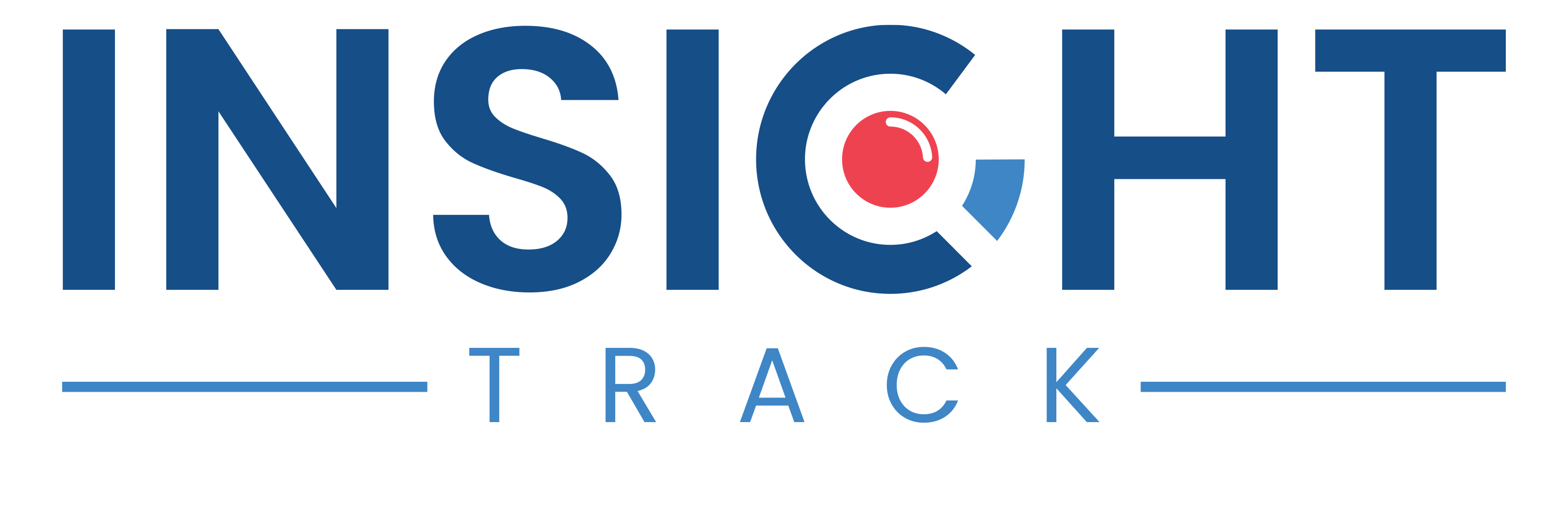The dynamic realm of international development and Monitoring & Evaluation (M&E) necessitates continuous adaptation and learning from organizations striving for successful outcomes. This narrative, tailored for professionals in the international development and M&E spheres, will delve into the concept of a learning agenda, providing actionable directives for its formulation.
Understanding a Learning Agenda
A learning agenda serves as a strategic roadmap outlining an entity’s educational priorities, aspirations, and methodologies. It guides organizations by directing their learning trajectory, crucial for entities such as NGOs, government bodies, and nonprofits involved in global development and M&E, serving as a fundamental framework.
Key Elements of a Learning Agenda
Typically encompassing three crucial components—learning inquiries, learning endeavors, and educational outputs—learning agendas are rooted in this tripartite essence.
The Importance of a Learning Agenda
Essential for enhancing organizational capabilities, driving impactful programs, fostering innovation, and refining strategic decisions, a comprehensive learning agenda equips teams to thrive in complex international development and M&E environments. It aligns with best practices, contemporary research, and evolving trends to amplify organizational project outcomes.
Encouraging continuous learning and experimental mindsets, it charts the path towards embracing cutting-edge approaches with robust M&E systems supporting evidence-based decision-making.
The Strategy for Developing a Learning Agenda
The construction of a learning agenda is underpinned by a multi-phased approach, outlined as follows:
Phase 1: Engaging in Consultative Endeavors
Commencing with collaborative consultation, various organizational stakeholders—program leaders, M&E experts, and senior management—must come together to discuss themes, change philosophies, and identify knowledge gaps, effectively shaping a learning agenda tailored to the organization’s specific needs.
Phase 2: Reviewing Existing Research
After defining overarching themes and focal areas of interest, it is crucial to review existing scholarly and evaluative data relevant to these areas, fostering a continuum of existing knowledge, avoiding duplication of efforts, and identifying areas requiring further exploration.
Phase 3: Formulating Learning Inquiries
Building upon a solid foundation of previous studies, the formulation of targeted learning inquiries follows. These inquiries, guiding the learning journey, stem from strategic organizational goals, Theory of Change, identified knowledge gaps, or operational challenges. They should be clear, measurable, and aligned with the organization’s mission and objectives. For example, a pertinent inquiry in the realm of global development might inquire, “What methods can effectively assess the long-term impact of our educational initiatives in rural areas?”
Phase 4: Structuring Learning Endeavors
Once learning inquiries are validated, the meticulous organization of learning endeavors becomes essential. These endeavors, serving as channels for achieving the educational objectives outlined by the inquiries, vary based on the nature of the inquiries and available resources. Typical learning endeavors include training workshops, research projects, collaborative learning sessions, and hands-on learning opportunities.
Phase 5: Generating Educational Outputs
The final stage involves the creation of educational outputs. These tangible manifestations or findings from educational efforts serve as an archival repository of acquired insights. In addition to fulfilling archival purposes, they serve as vehicles for disseminating learned concepts within and across organizations. Educational outputs may take the form of research summaries, reports, toolkits, and blueprints developed throughout the learning journey, as well as instructional materials for workshops, webinars, virtual classrooms, or illustrative digital resources.
In conclusion, a learning agenda is a structured strategy capturing an organization’s learning priorities, goals, and methodologies. It plays a crucial role in strengthening organizational capacity and driving impactful initiatives. Formulating a learning agenda entails a consultative process, analysis of existing research, formulation of learning questions, organization of learning activities, and generation of educational outputs. This systematic learning cycle ensures purposeful enlightenment with tangible impacts, enhancing organizational effectiveness within the international development and M&E sectors. (Yanguas, 2021) (Rademacher et al., 2022)
References:
Yanguas, P. (2021). What have we learned about learning? Unpacking the relationship between knowledge and organisational change in development agencies.econstor.eu
Rademacher, K. H., Sripipatana, T., Danna, K., Sitrin, D., Brunie, A., Williams, K. M., … & Dorflinger, L. J. (2022). What have we learned? Implementation of a shared learning agenda and access strategy for the hormonal intrauterine device. Global Health: Science and Practice, 10(5).ghspjournal.org




